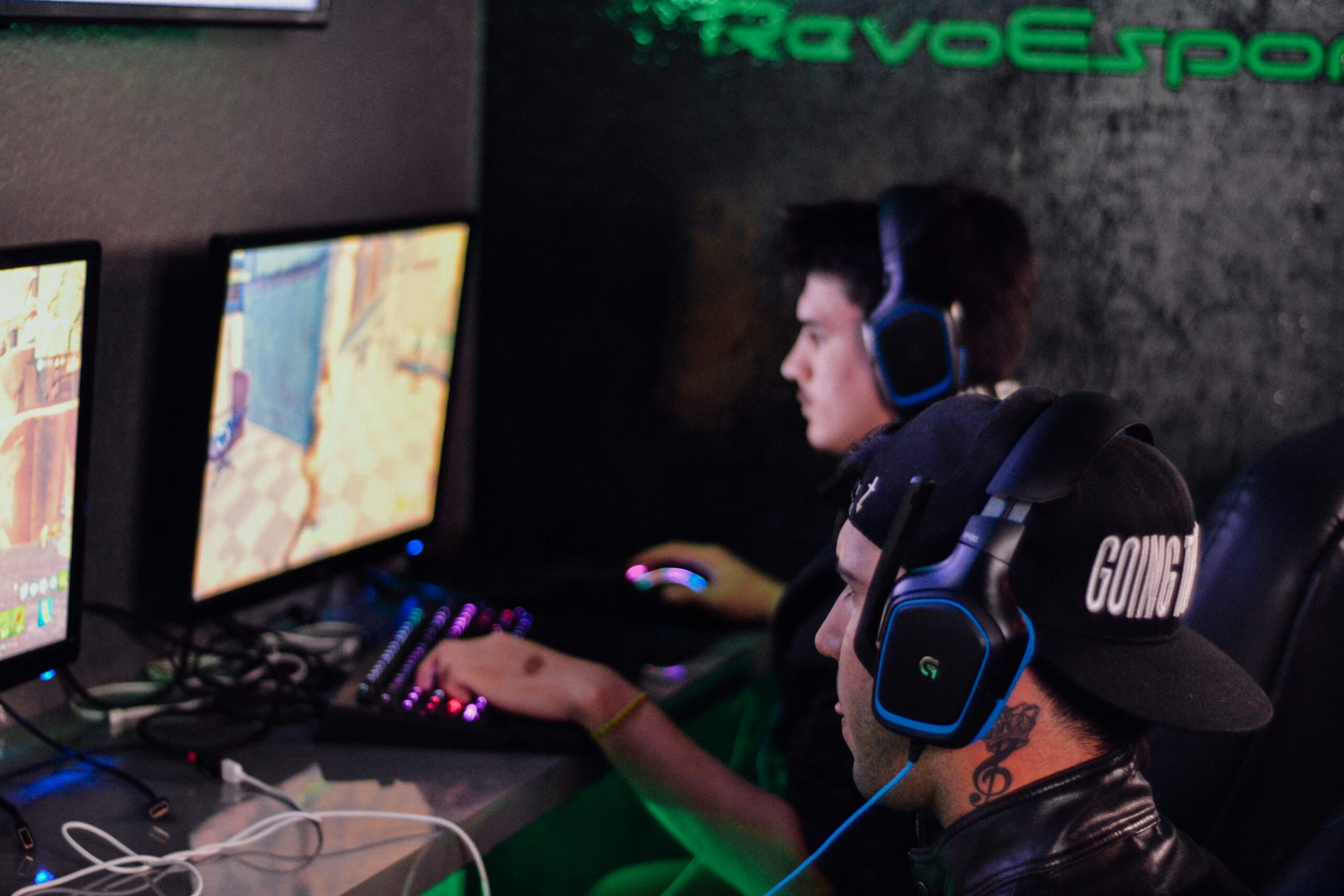Are
Are Esports the future? Yes, but only if mindsets begin to change … I say, pointing the finger very much at myself. What I harshly assumed was a niche for those who wanted to avoid the outside, physical exertion, or teamwork, could not be further from the truth. Esports represents a radical approach to the sporting ethos, connecting a vast community, fostering innovative skill, developing successful career opportunities and even revenue.
Admittedly, coming into this I had reservations about the concept of sport done online, especially in a world championing mental and physical health, and the increasingly fashionable buzzword: ‘digital detox’ haunting my screen. Yet, my reservations were misplaced.
I now both see the value in it, and fear I fell into the misconception trap. Of course, the most basic aim of sports are fitness and health – however, maybe more important are the values of community, comradery and skills developed that can seep into all areas of life and general wellbeing.
The danger lies in comparing esports to traditional sports using the same criteria. The only thing you can focus on are incomparable inadequacies. If this is your route of inquiry, it is almost impossible not to find eposrts falling (unfairly) short. Viewing them as separate entities, with their own metrics for success, reveals a wealth of shared benefits on a par with – if not surpassing – some more traditional teams.
Like these traditional athletes, esport gamers still receive prize money, sponsorship endorsements, franchised teams, training sessions, matches, a huge amount of successful revenue, and devoted fanbase. As Trinity’s very own esports chair, Kareem Knipschild, observed: “I do believe that esports shouldn’t focus too much on mimicking traditional sports, as it’s in a unique situation, being played on computers. This allowed for more, say, frequent competition through online play, without the limitations of travel or player fatigue which a traditional sport might face.’ Just like traditional games, esports ‘teaches the hard work and discipline required to become the best, as well as skills such as teamwork, cooperation, and leadership.”
Embedded with outdated stereotypes, many assume gaming is solitary. Not that there isn’t a charm to leaving behind the dreary Dublin weather, but it is far from the truth that gaming is done alone. Online friendships are both strong and meaningful, and working as a cohesive team is vital to success. The community in Trinity is both much beloved to its members, and essential to their rising popularity.
The esports society was started last year and are currently a provisional society, previously run by the computer science society (DUCSS). However, according to the chair, this was never a long-term plan as they were ‘struggling to reach students outside of computer science’. They now have just under 100 members, with a range of skill levels, whose focus is on the ‘mainstream sports titles such as Valorant, Rocket League, CS2, and League of Legends.’
Nevertheless, it will be no shock to those who have kept up with Trinity sporting life, to hear that there have been some issues regarding in person events due to limited access to the right equipment needed as well as pay for travel to away matches.
It won’t be a shock to many of you that underfunding has limited access to equipment, and hindered growth and formality of in person events, which remain largely informal due to the necessarily high expenses of their gear. Despite this challenge, one must consider the surely large savings made not having to transport teams up and down the country. More robust funding and facilities, including permanent rooms on campus and hopefully coaching, will be essential for long term success.
Trinity is currently competing in the Irish Esports Collegiate Series with eight teams across five games. The hope is that ‘this can be a vector through which players with intentions to compete at the highest level can make a name for themselves.’ Matches tend to take place in stages, ending with a series of playoffs and knockout stages. However, Trinity faces stiff competition from countries such as the US and Germany, main contenders in the are – who operate on a much larger and more established basis, creating a pipeline to professional play.
Popularity of esports has skyrocketed, ironically, thanks to the beast that is Covid 19. Because of this, many young people picked up gaming in the longer days alone in lockdown – finding the chance to commune and learn new skills. “One of our primary aims is to facilitate student’s entry into collegiate competitions”, but at its core, the society aims to build a community for its players on campus.
The bright future for esports is evident through the milestone creation of the 2025 Esports Olympics, hosted in Saudi Arabia – a creation born from the partnership of the International Olympic Committee and the National Olympic Committee. IOC President, Toman Bach hailed this a truly ‘new era’, showing the Olympics were keeping up with the digital revolution and joining the new and exciting initiative. If the Olympics are moving with the revolution, it seems Trinity should too.
Simply put: if you seek fitness – this is not for you. If you seek literally everything else – then join up today!







